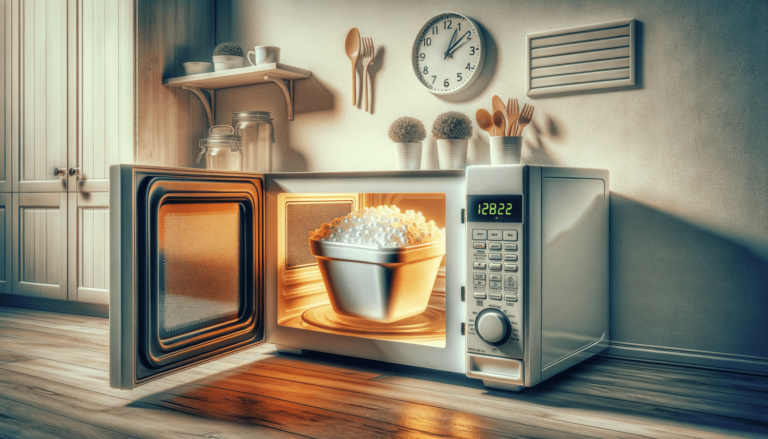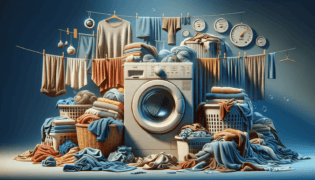

Whether you can put Styrofoam in the microwave depends on the type of Styrofoam you’re using. Some Styrofoam containers are microwave-safe, meaning they’re specially designed to withstand the heat of the microwave without melting or releasing harmful chemicals. However, many Styrofoam containers, especially those that come with takeout food, are not microwave-safe and should not be microwaved. It’s crucial to check for a microwave-safe label or symbol on the container before microwaving Styrofoam.
Quick summary
At Setting King, we’re here to dive deeper into the nuances of microwaving Styrofoam, so you can make informed decisions about safely reheating your food. Remember, safety in the kitchen starts with understanding the materials you’re using.
Styrofoam is a type of polystyrene, a petroleum-based plastic. It’s widely used in food packaging because it’s lightweight, has good insulation properties, and is inexpensive. However, not all Styrofoam is created equal when it comes to microwave safety.
Microwave-safe Styrofoam is manufactured in a way that it can withstand the heat of the microwave without breaking down. This is often indicated on the container with symbols or wording such as “Microwave Safe,” “Microwavable,” or a microwave symbol. On the other hand, Styrofoam without these indicators should not be microwaved, as they can melt, warp, or leach chemicals into your food.
Microwaving non-microwave-safe Styrofoam can pose health risks. When Styrofoam is heated beyond its capacity, it can begin to melt and potentially release harmful chemicals into your food, which you then ingest. Besides potential health impacts, melted Styrofoam can also ruin your food and make for a frustrating cleaning job in your microwave.
Chemical leaching occurs when chemicals from the Styrofoam container are transferred into the food. Some of these chemicals have been linked to health issues, making it important to avoid microwaving non-microwave-safe Styrofoam whenever possible.
When in doubt, it’s safer to transfer your food to a microwave-safe container made of glass or ceramic. These materials are designed to handle the heat of the microwave without melting or releasing harmful substances. Plus, they’re reusable, making them more environmentally friendly than disposable Styrofoam.
Look for labels or symbols that specifically indicate a container is “Microwave Safe.” These will usually be found on the bottom of the container or packaging. When using glass or ceramic, avoid containers with metallic paint or decorations, as these can spark and cause fires in the microwave.
At Setting King, our trusted advice is to always err on the side of caution when it comes to microwaving Styrofoam. If you cannot find a clear indication that your Styrofoam container is microwave safe, opt for a safer alternative to ensure your food and health stay protected.